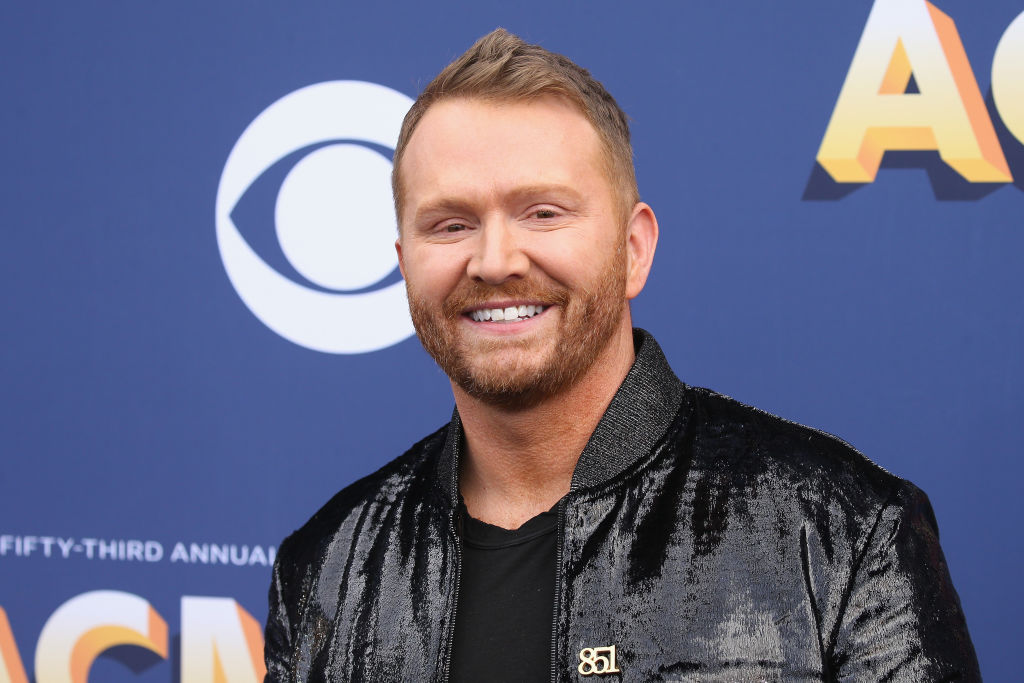Hit-making country songwriter Shane McAnally is taking to arbitration his dispute with ASCAP over approximately $1.3 million that he says the performance rights organization owes him.
McAnally decided to leave ASCAP and have Global Music Rights license his songs in 2013. But after McAnally left, ASCAP stopped paying him premiums for his top performing songs.
In simple terms, ASCAP pays out premiums — in addition to royalty payments — to hit songs that receive the most licensing revenue. The nonprofit organization touts the premiums as an incentive to retain top songwriters like McAnally.
Under the terms of its agreement, ASCAP continues to license songs even after a songwriter leaves, until its licensing contract with radio stations expires. That meant ASCAP continued to collect the royalties owed to McAnally for eight chart-topping songs even though he had a new agreement with GMR, which was founded by music industry icon Irving Azoff.
But, even though McAnally’s songs reached No. 1 on the country radio charts, he was no longer paid the same premiums that his co-writers for the same songs received.
“Despite his repeated requests for information related to his distributions, ASCAP never once explained to him, nor could they point to any of their governing documents that justified his treatment,” Azoff said in a media release.
ASCAP President and Chairman Paul Williams said the member-elected board cares “deeply for all our songwriters and we act for the greatest good of all concerned, whether hugely successful or just starting out.”
“Shane was paid all of the money he was owed after he left ASCAP and went to GMR,” Williams said.
McAnally, represented by Nashville attorney Jason Turner, lost his initial protest over the premium payments, although that case was heard by a board of ASCAP members and the decision was written by an attorney paid by ASCAP.
Turner said McAnally, who owns his own music shop Smack Songs, that handles publishing, production and artist development, is pursuing the case because he wants to protect songwriters from falling into the same situation should they decide to leave ASCAP.
In a press release on Tuesday, McAnally said the situation was like a “country song cliché.”
“They lied, they cheated, they stole,” he said.
The initial ruling of McAnally’s protest came down in December and was posted on the organization’s website in recent weeks. The ruling found that ASCAP properly applied its rules for phasing out the premium payments to songwriters who withdraw their songs.
The ruling states that McAnally was treated the way any other songwriter who chose to exit the organization would have been treated, and that the rules for the premium payments were applied correctly.
“Moreover, ASCAP’s governing documents grant ASCAP discretion and flexibility to implement and apply the (premium payments),” the ruling in December states.
But Turner said McAnally is excited to have his appeal heard before arbitrators in New York. He pointed out that the arbitration hearing will be the first opportunity for experts not affiliated with ASCAP to consider the case. McAnally initially raised the issue with ASCAP in January, 2016 and filed his protest two months later.
Turner said McAnally was not told he could lose the premium payments by ASCAP executives when he informed them of his decision to leave. Turner said top executives in New York, not the Nashville office, made the decision to withhold the premium payments.
Turner said ASCAP changed the way it funded premium payments in 2015 — after McAnally left.
“Because he owns the company and has co-written with songwriters for his own company, (McAnally) was able to look at payments and see that he was not paid equitably for the same songs,” Turner said. “I can’t imagine that an unbiased person would look at this situation and say, ‘Yeah, that’s fair.’”
Williams said that McAnally was treated and compensated fairly.
“I wish him nothing but the best, but it would be unethical and unfair to all ASCAP members to disregard our good faith rules for the benefit of one, when they were meant to protect all,” Williams said.
McAnally has turned himself from a struggling singer-songwriter on the fringe of the music industry in Nashville to one of the city’s bright young songwriters and executives.
McAnally has helped launch the careers of artists like Old Dominion and Sam Hunt.
McAnally, who is also co-president of Monument Records, has co-written 36 No. 1 songs and won two Grammy awards.
ASCAP board members who heard the protest were Keith Mardak, John Bettis, Helene Blue, Stephen Culbertson, Bob Doyle and James DiPasqual.
Via Nate Rau Tennesean

